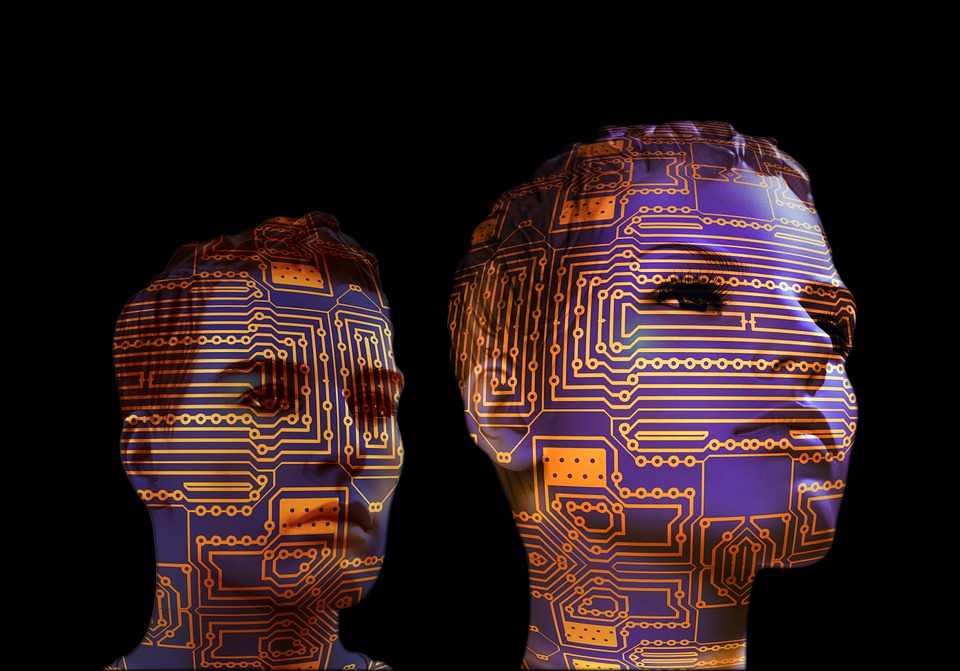Kenneth Burke’s “A Rhetoric of Motives”
“With a culture formed about the idea of redemption by the sacrifice of a Crucified Christ, just what does happen in an era of post-Christian science, when the ways of socialization have been secularized? Does the need for the vicarage of this Sacrificial King merely dwindle away? Or must some other person or persons, individual or corporate, real or fictive, take over the redemptive role?”
This quote stuck out to me the most in my reading of Kenneth Burke’s LONG and somewhat confusing rant on rhetoric. I may be missing the main point of what I am supposed to say in this blog post, but I think what I have to say is worth it. This quote brings up many great questions, especially in the godless society we have turned out to be. Our country and the people in it have turned so far away from what we were founded on it’s baffling. Our culture was surrounded by the sacrifice of Christ, but in today’s world it is so easily forgotten and ignored. Some people act as if it never even happened or believe it did but just live with it in the back of their minds. Science has changed the ways of thinking of our society. It has opened up brand new ideas and beliefs, it has caused question in religion. I think Burke is asking all the right questions above because sometimes we need to ask these questions and remind ourselves what exactly we are moving to and away from. Rhetorically speaking, I think this quote appears to have all the Aristotelian modes of appeal. Logos, in the sense that Burke is breaking down the walls and actually trying to ask the logical questions. Pathos, because in these questions is a message, which we should be willing to interpret. Ethos, because the appeal to emotion is great in the sense that it pulls on the heart strings. Lastly, Kairos because at this moment in time in our society, it has never been a greater moment to ask these questions.

 “My worst fear as a parent was that my kids might lose an alternative frame of reference — that growing up as Digital Natives, they would swallow the pancake paradigm whole and forget there were more nourishing ways for friends and family to connect.”
“My worst fear as a parent was that my kids might lose an alternative frame of reference — that growing up as Digital Natives, they would swallow the pancake paradigm whole and forget there were more nourishing ways for friends and family to connect.”
